
Tags: Aboriginal fisheries, Andrea Reid, Brian Hunt, Centre for Indigenous Fisheries, food webs, freshwater, High Seas, Indigenous fisheries, IOF alumni, IOF students, salmon, William Cheung
Video for this seminar is now available! Click to watch
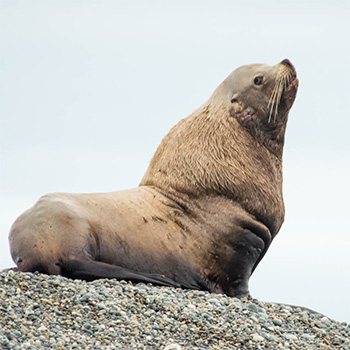
New research is shedding light on the hearts of healthy marine mammals, and how they compare to human hearts
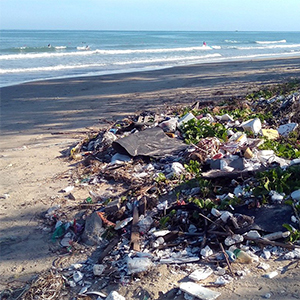
Drs. Juan Jose Alava and Rashid Sumaila are urging consumers to make the connection between what they buy on Black Friday and what eventually ends up harming our ecosystems—and our health.
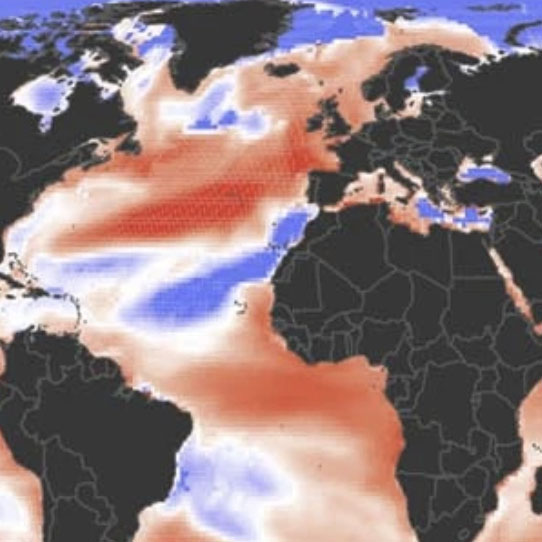
Tags: Ecopath with Ecosim (EWE), faculty, IOF postdoctoral fellows, IPBES, IPCC, Juliano Palacios-Abrantes, Modelling, Research, Villy Christensen, William Cheung
The project used nine different computer models, created by different teams around the world, to illustrate with greater clarity and range how ocean life will be impacted by Earth’s warming climate.
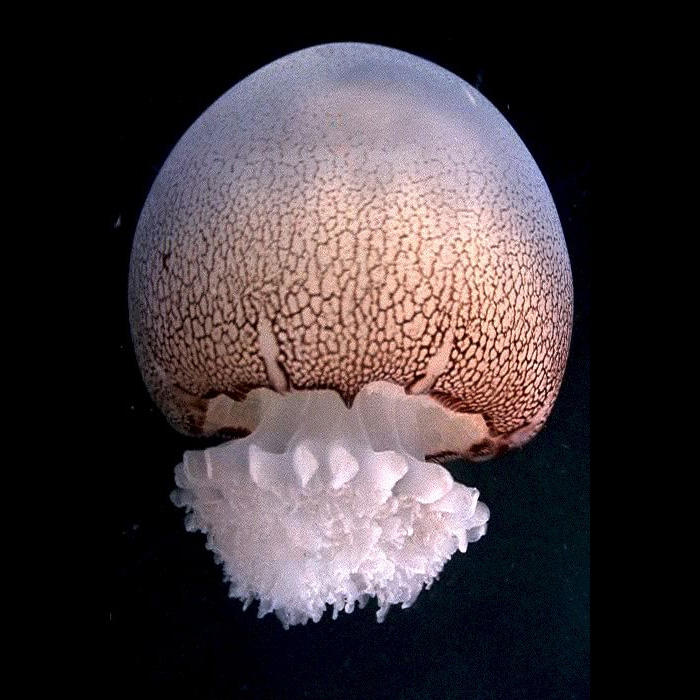
Over the last 20 years, interest in cannonball jellyfish in the Gulf of California, Mexico exploded when Chinese investors saw that the area was a hot spot for the species.
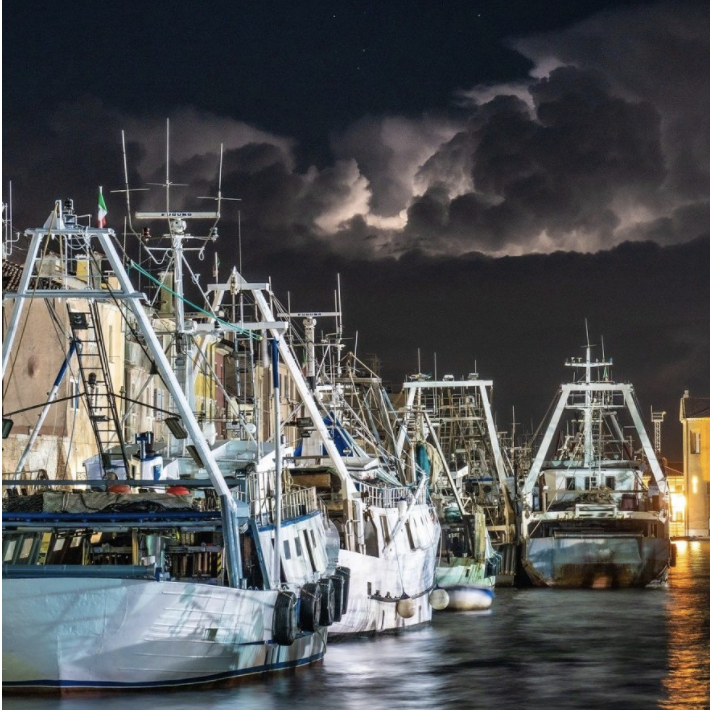
Tags: Daniel Pauly, faculty, IOF alumni, IOF postdoctoral fellows, IOF Research Associates, Publications, Rashid Sumaila, subsidies
The researchers feel the WTO could use their upcoming meeting to sign an agreement that forbids such harmful practices, while allowing for small-scale, sustainably managed wild fisheries.
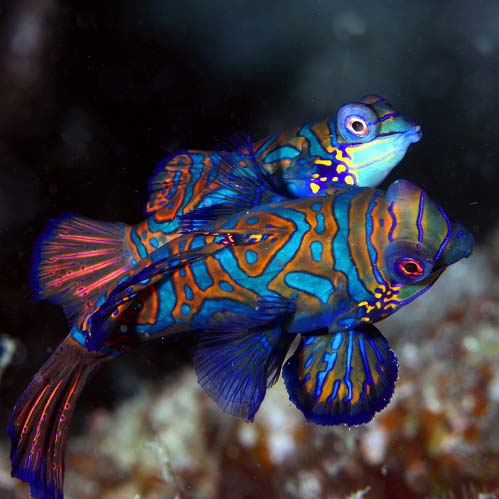
“What I think really makes fish spawn for the first time is the increasing oxygen stress that growing fish experience,” Daniel Pauly said
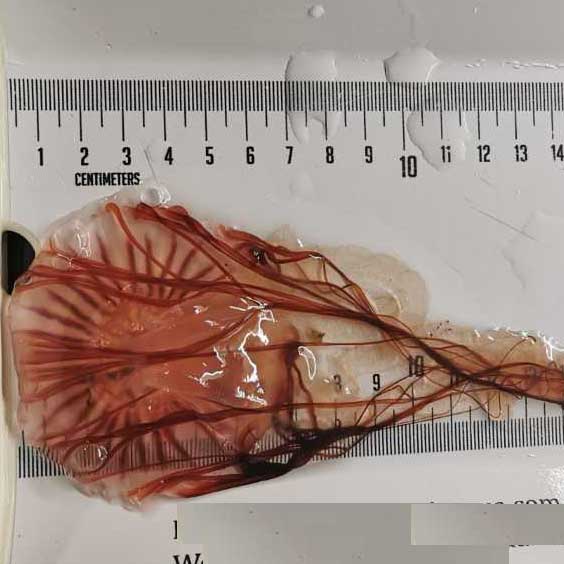
Tags: Brian Hunt, faculty, food webs, IOF students, jellyfish, Pelagic Ecosystems Lab, Research, Vancouver Aquarium
We think of jellyfish as not being picky eaters, but in this case, it seemed that they didn't like feeding on a single diet.
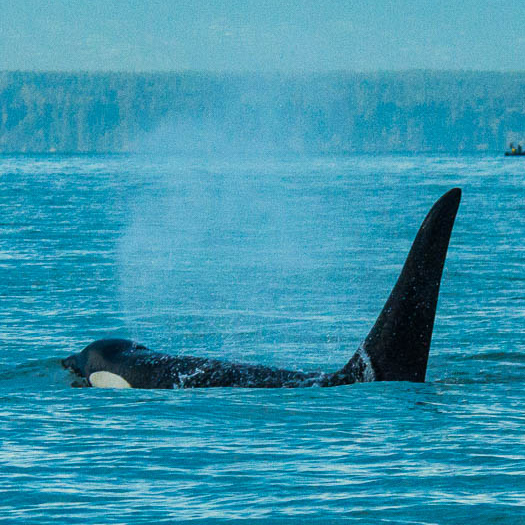
Tags: Andrew Trites, British Columbia, faculty, IOF Research Associates, killer whales, Marine Mammal Research Unit, Mei Sato, Pacific, Research, salmon, whales
Researchers reported that Chinook salmon in the Salish Sea in summertime are four to six times more abundant for southern resident killer whales than northern resident killer whales.

Tags: Asia, biodiversity, Canada, climate change, Colette Wabnitz, CORU, faculty, fish stocks, fisheries management, Gabriel Reygondeau, heatwaves, IOF Research Associates, IOF students, Lydia Teh, Muhammed Oyinlola, ocean ecology, Peru, Rashid Sumaila, Research, Vicky Lam, William Cheung
Extremely hot years will wipe out hundreds of thousands of tonnes of fish available for catch in a country’s waters in this century